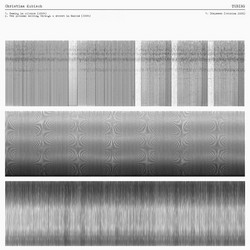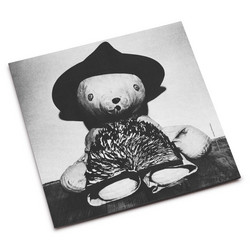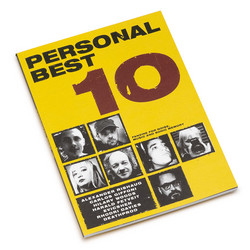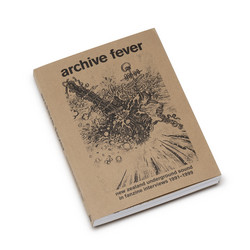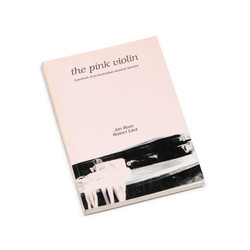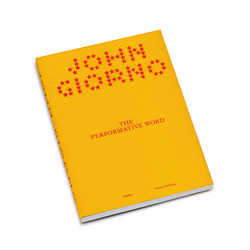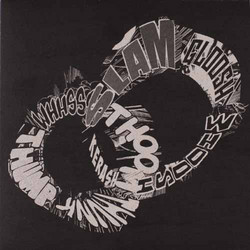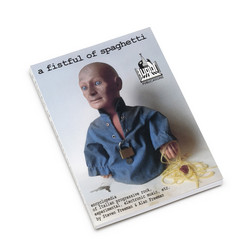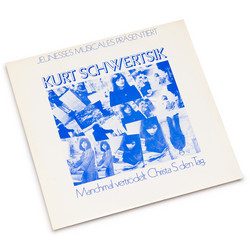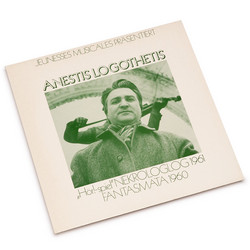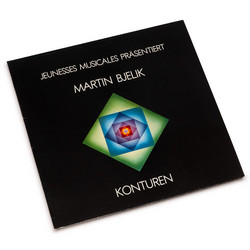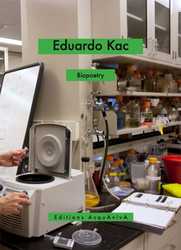HK Gruber, MOB Art & Tone Art Ensemble
An Einen Haushalt (LP)
Rare original issue, comes with a 12" insert; some copies also contains a postcard. Released in the mid '70s in Austria on the great Jeunesses Musicales Praesentiert label (Anestis Logothetis, Dieter Kaufmann, Otto M.Zykan, Wilhelm Zobl). Heinz Karl Gruber (he professionally uses the form HK Gruber) is an Austrian composer, bass player and singer, born in Vienna on 3 January 1943 and a leading figure of the so-called Third Viennese School.
Gruber is said to be a descendant (though the descent remains obscure) of Franz Xaver Gruber, composer of the carol “Stille Nacht” (Silent Night). From 1953 to 1957 Gruber was a member of the Vienna Boys Choir. He studied at the Vienna Hochschule für Musik, his composition teachers being Alfred Uhl, Erwin Ratz and Hanns Jelinek, and later Gottfried von Einem, with whom he also studied privately. In 1961 Gruber joined the ensemble “die reihe” as a double bass player, and became principal bass of the Vienna Tonkünstler Orchestra in 1963. In 1968, with his composer friends Kurt Schwertsik and Otto M. Zykan and the violinist Ernst Kovacic, he co-founded the 'MOB-art & tone-ART' ensemble, partly to perform their own repertoire (which included a short piece by Gruber, “Bossa Nova”, which rapidly became a hit tune) and partly that of Mauricio Kagel. The ensemble may be regarded as the cradle of what has been called the 'Third Viennese School', of which Gruber is now the best-known representative.
Like Schwertsik, Gruber had been taught in the post-Schoenbergian style of the Second Viennese School, but – also like Schwertsik – rapidly came to his own personal accommodation to tonality and older Viennese traditions. The critic Paul Driver has written of Gruber: “Neo-romantic, neo-tonal, neo-expressionistic, neo-Viennese: he isn’t any of those things, so much as a sentient (and downright accomplished) composer who keeps responding to whatever musical stimulus, be it highbrow or lowbrow, 12-tone or 7-tone, bitter or sweet, that comes his way”. Gruber had been composing – and also playing jazz – from his student days, but achieved international fame in 1978 with “Frankenstein!!”, a 'pan-demonium' for chansonnier and orchestra (or large ensemble) on poems from “Allerleirausch”, a collection of children's verse by his friend, the absurdist and Viennese-dialect poet H.C. Artmann, which he performed as singer around the world in the following few years. He and Schwertsik shared a 'Composers' Portrait' feature at the 1979 Berlin Festival, and Gruber has subsequently been ranked among Austria’s leading composers. As a performer (conductor, singer, bass player) he has been involved in music by Peter Maxwell Davies, Hanns Eisler, and Kurt Weill, and made notable recordings of the latter two composers. In September 2009 Gruber was appointed composer/conductor of the BBC Philharmonic Orchestra in succession to James MacMillan.
“It all began in about 1967, when my composer-friend Kurt Schwertsik brought back from America the mysterious phrase 'MOB art & tone ART', which he'd dreamed up on his travels. Soon after, Kurt and I and another composer-friend, Otto M. Zykan, got together with four young Viennese instrumentalists (Volker Altmann, horn; Roland Altmann and Kurt Prihoda, percussion; Leonhard Wallisch, cello), and started giving concerts. Perhaps 'concerts' is the wrong word: we tried to make things as informal and friendly as we could, and we liked to appear in places where no living composers had set foot before. Otto played the piano, I the double bass, and everyone did a bit of singing and acting. Kurt didn't actually take part in our concerts - he was already a busy horn player in the Vienna Symphony Orchestra - but he did give us our name: 'The MOB art & tone ART Ensemble'. We liked the sound of it, and weren't too bothered about its precise meaning, if any. In fact we rather avoided dicussing the matter, because we were much more interested in inventing new kinds of programmes and discovering new audiences than in making the kind of policy statements that might suggest we were some kind of 'school'. All of us felt a bit overawed by Schoenberg, Berg and Webern - the one great 'Viennese School' of the 20th Century - and while trying to learn what we could from them, we wanted to find our own different ways. Personally, I love the search for simplicity, and enjoy it like some rare adventure. For all of us, enjoyment and invention were the first reasons for the 'MOB' Ensemble's existence. Although other engagements prevented us from keeping the Ensemble continuously going for more than about seven years, we look back on the whole experience with a special affection.” - HK Gruber
Comes with a 12" insert. Some copies also contains a postcard.

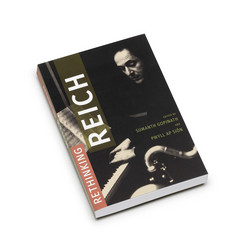
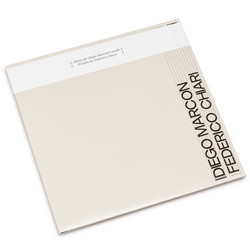
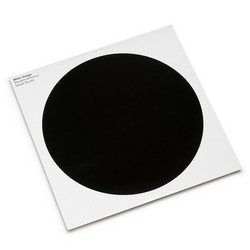
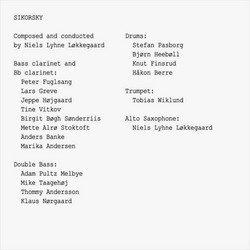
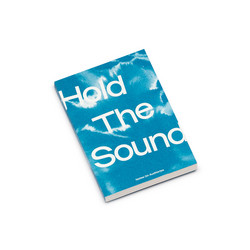
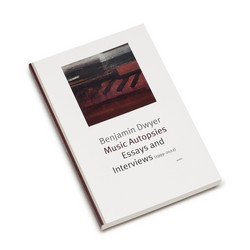

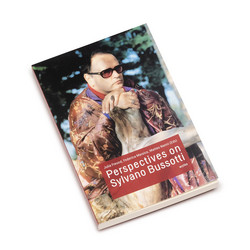
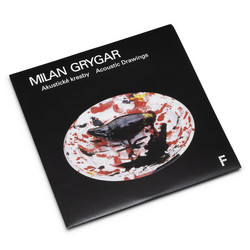
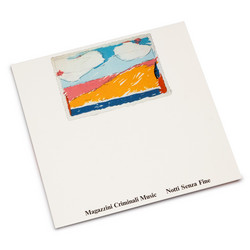
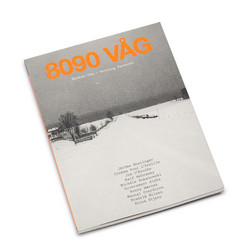
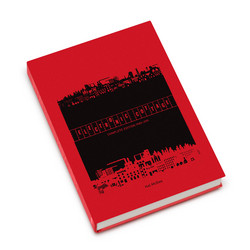
![data-cosm [n°1]](https://cdn.soundohm.com/data/products/2026-02/ikedda-data-cosm-1-jpeg.jpeg.250.jpg)
